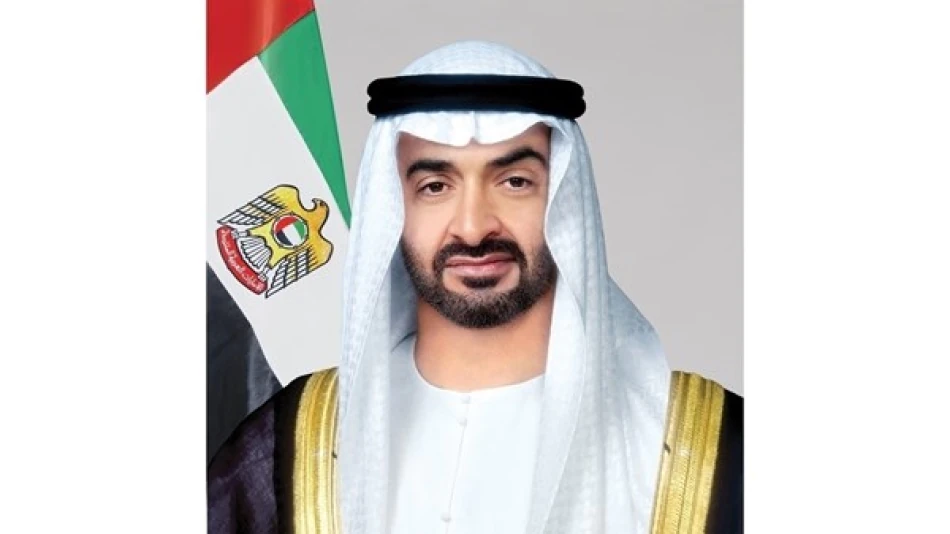
UAE President Hosts Global Security Alliance Ministers for High-Level Talks
UAE President Sheikh Mohammed bin Zayed Al Nahyan met with interior ministers from the International Security Coalition during their gathering in Abu Dhabi. The meeting signals the UAE's growing role as a hub for global security cooperation, bringing together nations to tackle shared challenges that cross borders.
The president welcomed the visiting ministers at Al Bahar Palace, expressing hopes their discussions would produce concrete results. "Enhancing community security is a shared responsibility that requires continuous coordination and cooperation," he told the delegation. The focus is on finding practical solutions to security challenges that affect communities worldwide.
This gathering comes at a time when traditional security threats are evolving. Cybercrime, terrorism financing, and transnational organized crime require countries to work together in ways that weren't necessary decades ago. The UAE has positioned itself as a bridge between different regions, making it a natural choice for hosting such meetings.
For the UAE, hosting these high-level security discussions serves multiple purposes. It reinforces the country's reputation as a stable partner in an often volatile region. It also gives Emirati officials direct access to intelligence-sharing networks and security frameworks that benefit their own national interests.
The visiting ministers thanked the UAE for hosting what they called "important international meetings" and for providing the necessary support for their success. This kind of diplomatic hosting has become a cornerstone of UAE foreign policy under Sheikh Mohammed's leadership.
The meeting was attended by several senior UAE officials, including Crown Prince of Abu Dhabi Sheikh Khaled bin Mohammed bin Zayed Al Nahyan and Deputy Prime Minister and Interior Minister Sheikh Saif bin Zayed Al Nahyan. The high-level attendance shows how seriously the UAE takes these security partnerships.
While the specific outcomes of the ministers' discussions weren't detailed, these coalitions typically focus on intelligence sharing, joint operations planning, and coordinating responses to emerging threats. The real test will be whether participating countries can turn their agreements into actionable policies when they return home.
Most Viewed News

 Layla Al Mansoori
Layla Al Mansoori






